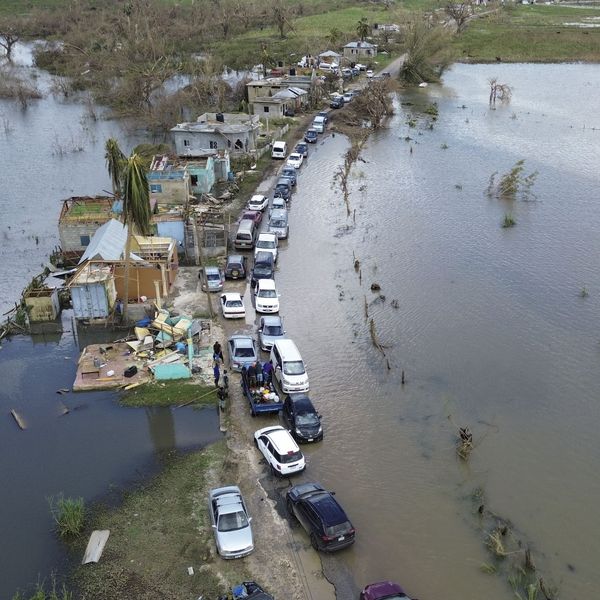The likelihood of limiting the world's overall temperature to a 2-degree Celsius rise and avoiding the worst effects of climate change has become "ever more elusive" and will not be possible without immediate and drastic measures on a global scale, a new report by the
United Nations Environmental Program warned Tuesday.
If countries stick to their current strategies, or lack thereof, for reducing greenhouse gases, levels will still be eight to 12 billion tons greater than suggested levels in 2020, according to UNEP's Emissions Gap Report 2013, which incorporated 44 scientific groups across 17 countries and analyzed countries' current pledges for emission cuts.
UNEP found in this year's report that the "gap" between reduction pledges and the actual reductions suggested by climate experts is still widening.
"Achieving the 2-degree goal is with every year less possible. Emissions always rise, even though they need to sink sharply," German Institute for International and Security Affairs researcher Oliver Geden told Agence France-Presse.
Current emissions reduction strategies will essentially "lock in" climate change and the carbon intensive energy economy that creates it, warned UN Under-Secretary General and UNEP Executive Director Achim Steiner.
"As the report highlights, delayed actions means a higher rate of climate change in the near term and likely more near-term climate impacts, as well as the continued use of carbon-intensive and energy-intensive infrastructure," said Steiner. "This 'lock-in' would slow down the introduction of climate-friendly technologies and narrow the developmental choices that would place the global community on the path to a sustainable, green future."
"The window of opportunity of trying to meet this two-degree target threshold is, in a sense, becoming ever-more elusive," added Steiner.
And according to a recent report by the Intergovernmental Panel on Climate Change, the likely effects will be the decimation of human and earth systems, such as the global food and water supply.
Among the actions required to drastically reduce the gap, the group recommends "scaling up international cooperation initiatives in areas such as energy efficiency, fossil fuel subsidy reform and renewable energy," which includes investing in renewable energy infrastructures in developing countries.
The report specifically emphasizes that large emissions reductions can be made in agriculture practices, which are currently responsible for 11 percent of global greenhouse gas emissions.
As the group states, such steps would include:
- No-tillage practices (the elimination of ploughing by direct seeding under the mulch layer of the previous season's crop.)
- Improved nutrient and water management in rice production.
- Agroforestry, which incorporates the planting of trees on farms and surrounding areas for carbon storage storage
The 2013 United Nations Climate Change Conference will be held in Warsaw, Poland next week from 11 to 22 November, where countries are expected to devise a new plan to cut global emissions. The plan would be signed by 2015 but will not go into effect until 2020.
_______________________



